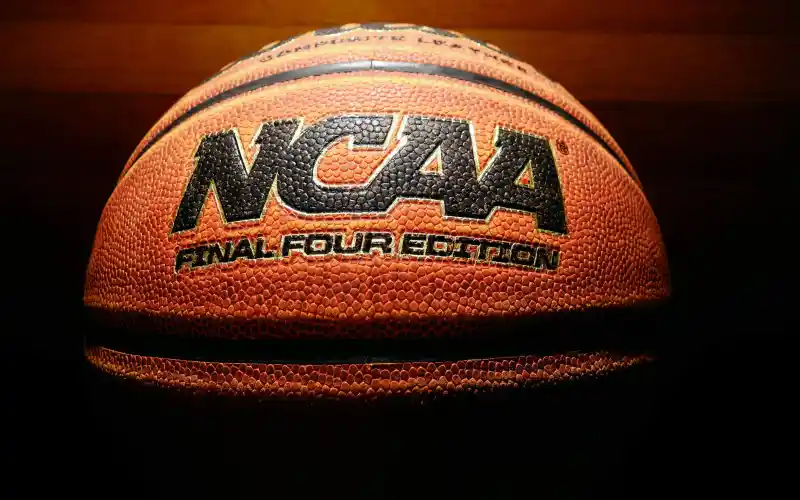Business
NCAA Committee Shows Support for Removing Cannabis From List of Banned Substances

The NCAA Committee on Competitive Safeguards and Medical Aspects of Sports notes that cannabis is not a performance-enhancing substance.
On June 16, the National Collegiate Athletics Association (NCAA) Committee on Competitive Safeguards and Medical Aspects of Sports (CSMAS) released a statement regarding its support of removing cannabis from its list of banned substances.
The NCAA is governed by three divisions: Division I, II, and III. According to a press release, CSMAS met in Indianapolis last week by a referral of Divisions II and III, asking them “to further consider the [NCAA’s] cannabis policy and whether NCAA drug testing should be limited to performance-enhancing substances.”
In order for cannabis to be removed from the NCAA substance list, Divisions I, II, and III must introduce and adopt legislation. This most recent update was motivated by the 2022 Summit on Cannabinoids in College Athletics that was held in December 2022. Ultimately, the consensus stated that “cannabis is not a performance-enhancing drug and that a harm reduction approach to cannabis is best implemented at the school level.”
CSMAS’s Rationale leading up to this recommendation includes: a focus on testing for substances that enhance athletic abilities and provide an unfair advantage to competitors, embracing harm reduction philosophy similarly to how alcohol is approached, and educating student athletes on health impacts of cannabis, among others. It also stated that in considering changes to the association’s current cannabis policies, it also supports “a comprehensive communication and education campaign that provides guidance to the membership about cannabis.”
The committee also adopted a trace level threshold for the metabolic modulator GW1516 (also known as cardarine or endurobol) to be less than 0.1 nanograms per milliliter (npm).
The NCAA Mental Health Advisory Group met for the first time in December 2022, and is working on an update for a NCAA Mental Health Best Practices document. Brian Hainline, NCAA’s chief medical officer, explained the importance of mental health support for athletes. “Since my time at the NCAA began in 2013 and the initial NCAA Mental Health Task Force, the mental health and well-being of student-athletes has been a consistent topic and top priority,” said Hainline. “The Mental Health Advisory Group is part of a continuous effort to strengthen our programming and educational resources for members and student-athletes.”
CSMAS shared that it has reviewed an early draft of the Mental Health Advisory Group document and stated its preliminary support. According to the June 16 announcement, the Mental Health Advisory Group will continue to work on its final updates for CSMAS sometime this year, with the expectation of making the updates available between 2024-2025.
In February 2022, CSMAS announced that it would be increasing the THC threshold for a positive cannabis drug test from 35 npm to 150 npm, which was done to match that of the World Anti-Doping Agency. “Reconsidering the NCAA approach to cannabis testing and management is consistent with feedback from membership on how to better support and educate student-athletes in a society with rapidly evolving public health and cultural views regarding cannabis use,” Hainline said last year. “Marijuana is not considered a performance-enhancing substance, but it remains important for member schools to engage student-athletes regarding substance use prevention and provide management and support when appropriate.”
Other sports agencies and associations are also moving forward with improved cannabis policies as well. In April, the National Basketball Association (NBA) and National Basketball Players Association (NBPA) announced that they are considering removing cannabis from its list of banned substances for players, and plan to open up possibilities for players to invest in cannabis companies as well.
Also last month, the Chicago Cubs became the first MLB team to partner with a CBD company called MYND Drinks. “We’re proud to be the first club to partner with a CBD company, but what was more important to us was making sure that the brand was the right fit,” said Alex Seyferth, Chicago Cubs Vice President of Corporate Partnerships. “MYND DRINKS is a Chicago-based company that promotes overall wellness and helps ease the stressors of everyday life, just like a Friday 1:20 game at Wrigley Field.” The partnership includes signage at Wrigley Field and other marketing.